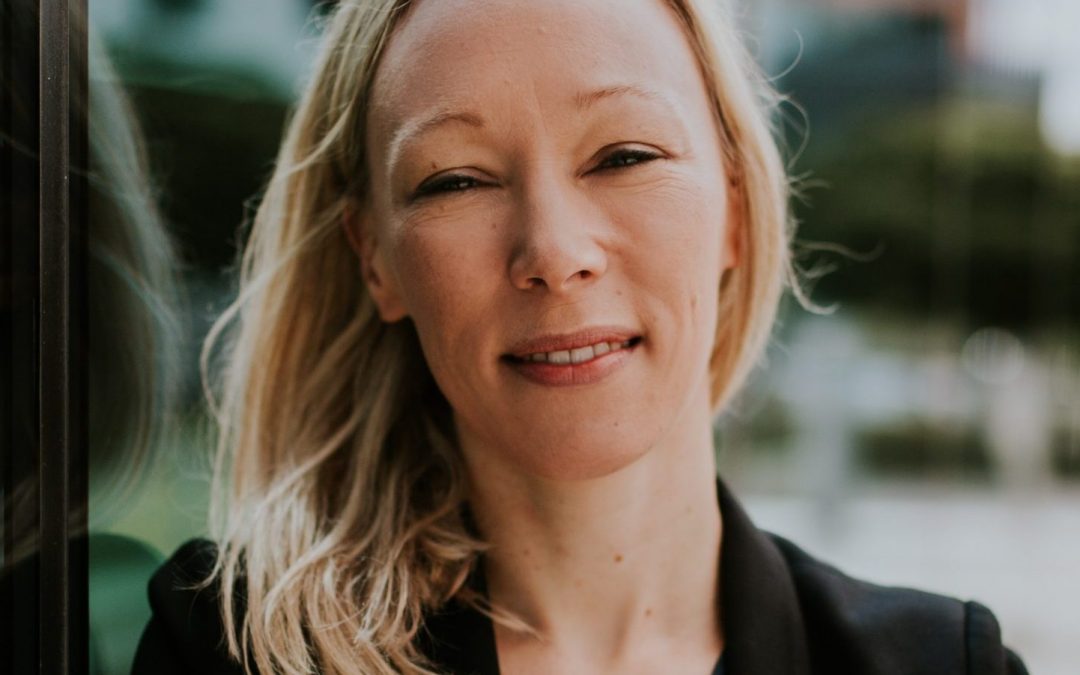Helle Sjøvaag
MediaFutures asked team members to answer a couple of questions about their work and thoughts on media and AI in 2023. These interviews have been first published in MediaFutures Annual Report 2023.
What was your task/position in MediaFutures last year?
– I’ve been working with NRK to develop their front page categorisation scheme. I’ve worked a lot with content analyses of media content in the past, so I have some experience in categorising news – so whether we are looking at a crime story or a political story, social issues or sports. The main problem here is scale – if the categories are too small, they lose their analytical value. If they are too big, you lose detail. We’ve been workshopping content categories that fit NRKs profile and remit as one of the main milestones of that project.
Which media related topics were the hottest ones in 2023?
– Well, AI, obviously. I’ve been working on AI and journalism across various projects. I was part of the Council of Europe’s Expert Committee on increasing resilience of media, where one of the outcomes was a set of Guidelines on the responsible Implementation of artificial intelligence (AI) systems in journalism. The other outcome of that work was a report on Good practices for sustainable news media financing. I’m also part of the University of Stavanger’s Working Group on AI. Furthermore, I collaborate with a group of Dutch and German scholars on the responsible implementation of AI in local journalism, a project that is based out of LMU in Munich. Here I am particularly looking at the ecosystemic impact of AI on journalism as an industry.
What motivated you in 2023 to do research/invest in projects related to MediaFutures?
– MediaFutures considers the impact of technology on journalism and news as an industry. I’m interested in how technology shapes the operations and management of media companies, how it affects their business models, and what types of regulations would be relevant to ensure a resilient media system. So I’m looking at this more from a structural perspective, asking how technology impacts the sector as a whole, their strategies, and the impact on media diversity.
What media related event/research/result shocked you the most last year and why?
– There is growing concern for the many types of capture that journalism is subject to across the world. This not only pertains to ideological or financial capture – or to what extent political or financial pressures impact on journalism’s independence – but also technology capture. What I am most concerned with right now is what power technology may exercise beyond the platforms – at the backbone level of the internet, where platform players are currently investing heavily into subsea cable and data centre structures. Internet backbone technologies like data centres are moving in to assume core critical functions in society. We have seen a growing number of local conflicts over data centre establishment across the Scandinavian region, pertaining to energy and land use, transparency and job creation. I think we need to pay more attention to this part of the technological infrastructure, because it will be key to developing digital societies, and therefore will create new interdependencies for society as a whole, potentially affecting the security, resilience and transparency of Norway’s digital infrastructure.
How did your view of the media industry/academia change during the last year and why?
– We’ve seen signs of industry retraction from the technology companies recently, which indicates that the news industries are also trying to express their independence from corporate power in the tech sector. I think this is an interesting move by media companies. As the Digital Markets Act and the Digital Services Act come into effect, I think this will also provide more power to states and media to protect against platform power. Working from Norway in particular, industry/academia relationships are very good, facilitated in large part by MediaFutures.
What was your greatest achievement and challenge in 2023?
– In 2023 I launched a new Master’s programme at the University of Stavanger, Digital Society and Societal Transformations. The aim of the programme is to educate social scientists who also understand technology. Our students are not only very happy with the programme, they are incredibly engaged and hard-working. So this is both fun and rewarding. I want to make sure that there are social scientists in the room when ministries, business and organisations make decisions about technology that affects users, clients and citizens. Our students will have the unique qualification that they understand how technology influences society and also that they can communicate with engineers to make good technology decisions.

